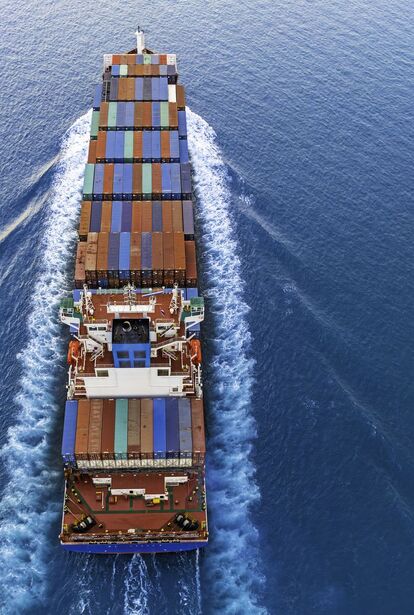Customs classification: be careful that this does not happen to you!

Customs classification: be careful that this does not happen to you!
In 2021, C&A Serbia was the victim of major customs fraud involving 300 imports. As recently as the following September, Toyota was ultimately sentenced by the Supreme Court of Thailand to a very large fine for importing components not subject to a reduced tariff. These two events show that international trade and customs classification are of paramount importance to stay in good standing and work more calmly with foreign countries. Here's how to prevent this from happening to you.
Customs classification fraud, sobering examples
In October 2021, C&A Serbia was the target of organized customs fraud. In the media, the company explains that it was cheated "by one of its business partners and other perpetrators still unknown". 300 fraudulent imports were accumulated, which presumably abused the C&A logo, as well as the “advantageous customs status and powers of the customs representative of C&A in Serbia”.
For its part, Toyota saw in 2022 a litigation end against it when the Supreme Court approved the previous court decision, according to which imported articles were to be treated as complete knock-down kits, with a customs duty rate of 80 %, instead of being considered auto parts. In other words, they had initially benefited from a reduced rate of 30%, under a Japan-Thailand Economic Partnership Agreement (JTEPA).
These two recent events are examples of what can happen when customs classification and origin declarations are not rigorous enough. It also happens when tracking leaves “holes in the racket” that could allow fraud by unscrupulous business partners to slip through.
The financial risk and reputational damage of misrepresentation
The customs classification of products directly concerns the tariff of customs charges that must be applied to them. Ignoring these harmonized international rules, or making a mistake, can lead to many customs problems, with fines, but also through the passage of justice in the country where the goods have arrived.
Thus, even in good faith, incorrect customs declarations are likely to lead to:
- High financial risks that can lead to such large losses that the business enterprise has to go out of business.
- A bad reputation vis-à-vis its customers, investors and business partners. An erroneous classification can indeed raise fears of a way of evading the rules, which does not say anything good about the other actions and relations of the company.
Whether the company is starting its activity or has been in its sector for several years, the consequences are more or less important. But, in any case, if customs discovers obvious errors and justice intervenes, it is not good for any company looking to expand internationally.
Optimally control your classification and origin risks
Today, no commercial enterprise should be without a complete digital solution for classification and declaration of origin. So that the events given as examples at the beginning do not happen to you, it is important to turn to a Global Trade Management (GTM) tool that covers all of your classifications and customs rules.
MyTower is a unique source on the market to ensure the veracity of your commercial master data (classification and origin). Reduce and control your customs risks thanks to this GTM tool that meets your needs at 360°. On an intuitive dashboard, control all your products, spot errors, check customs declarations in one click. Among a set of other tools, also know the exact number of articles classified or awaiting classification and follow the chronology. You can also integrate your data with other sources, such as your ERP. In short, you master the classification chain with full knowledge of the facts and from start to finish.
Protect yourself from risks and trade internationally with peace of mind!

